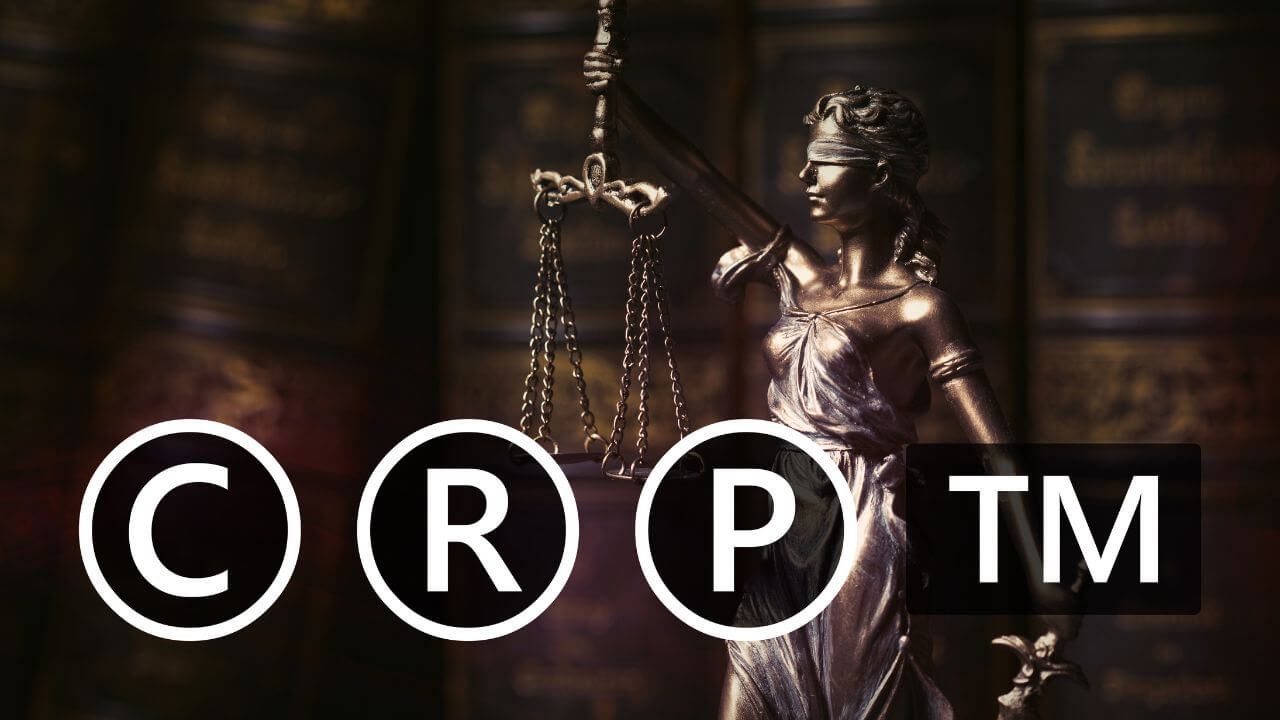One of the most common questions I get as a trademark attorney is: What’s the difference between a trademark, a copyright, and a patent?
It’s a great question—and one every business owner should understand. These three types of legal protection all fall under the umbrella of intellectual property, but they serve very different purposes. Knowing which one applies to your business can help you protect your ideas, your content, and your brand.
Copyright: Protecting Your Creative Work
Copyright protects original works of authorship. That includes things like books, photographs, paintings, videos, songs, podcasts, blog posts, and online course content. If it’s creative, original, and fixed in some tangible form, it’s likely protected by copyright the moment you create it.
You don’t technically have to register a copyright for it to exist, but registration gives you important benefits—like the ability to sue someone for infringement and potentially recover damages.
If your business was a box of cereal, copyright would protect what’s inside the box. The content itself. The creative substance of what you’ve made.
Trademark: Protecting Your Brand Identity
While copyright protects creative content, trademark law protects the elements of your brand that help consumers recognize your business. This includes your business name, your logo, your slogan, and even things like course or podcast titles. Anything that identifies the source of your products or services and distinguishes you from competitors can fall under trademark protection.
Trademarks aren’t about the content inside—they’re about the outside. The packaging. The branding. The pieces of your business that make people say, “I know who that is.”
If someone else starts using a name or logo that’s confusingly similar to yours, trademark rights can give you the legal grounds to stop them. If you’re already in that situation, you’ll want to read this post on what to do if someone is using your trademark.
Trademarks are powerful because they’re about trust. They’re about the reputation you’ve built and how the public connects your name or visuals to the work you do. That’s why they matter so much—especially in crowded markets.
Patents: Protecting Inventions and Functional Ideas
Patents are a third category of intellectual property. While trademarks protect branding and copyrights protect creative expression, patents are used to protect inventions and functional processes. If you’ve created a product, machine, or method that’s new, useful, and non-obvious, a patent may be the right way to protect it.
Unlike copyrights and trademarks, patents involve a much more technical and detailed application process. They also have strict filing deadlines. That’s why patent law is a very specialized area—and not one that we handle at Sleight Law.
Why We Focus on Trademarks at Sleight Law
At Sleight Law, we don’t handle copyright or patent filings. We’re a trademark-only law firm, and that’s by design.
We believe the most urgent thing a business needs to protect is its brand identity. Your business name, your logo, your slogan—those are often the first things people see, and they’re what your customers remember. That’s why we focus entirely on trademarks.
We’re happy to refer you to trusted colleagues who can handle copyright or patent matters. But before you worry about protecting your blog post or your video content, we recommend starting with the name of your business, the name of your course, or the title of your podcast.
In other words, we help you protect the packaging first—then we can guide you toward the right resources to protect everything inside.

